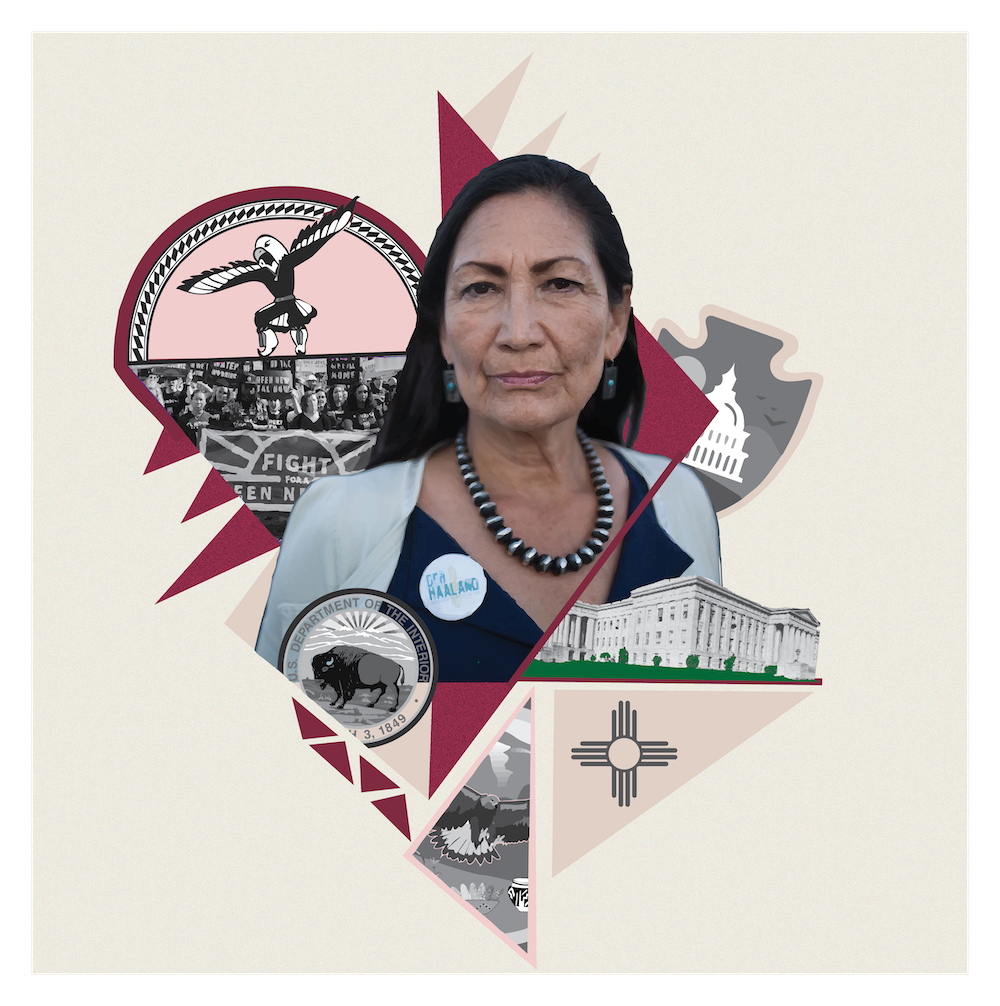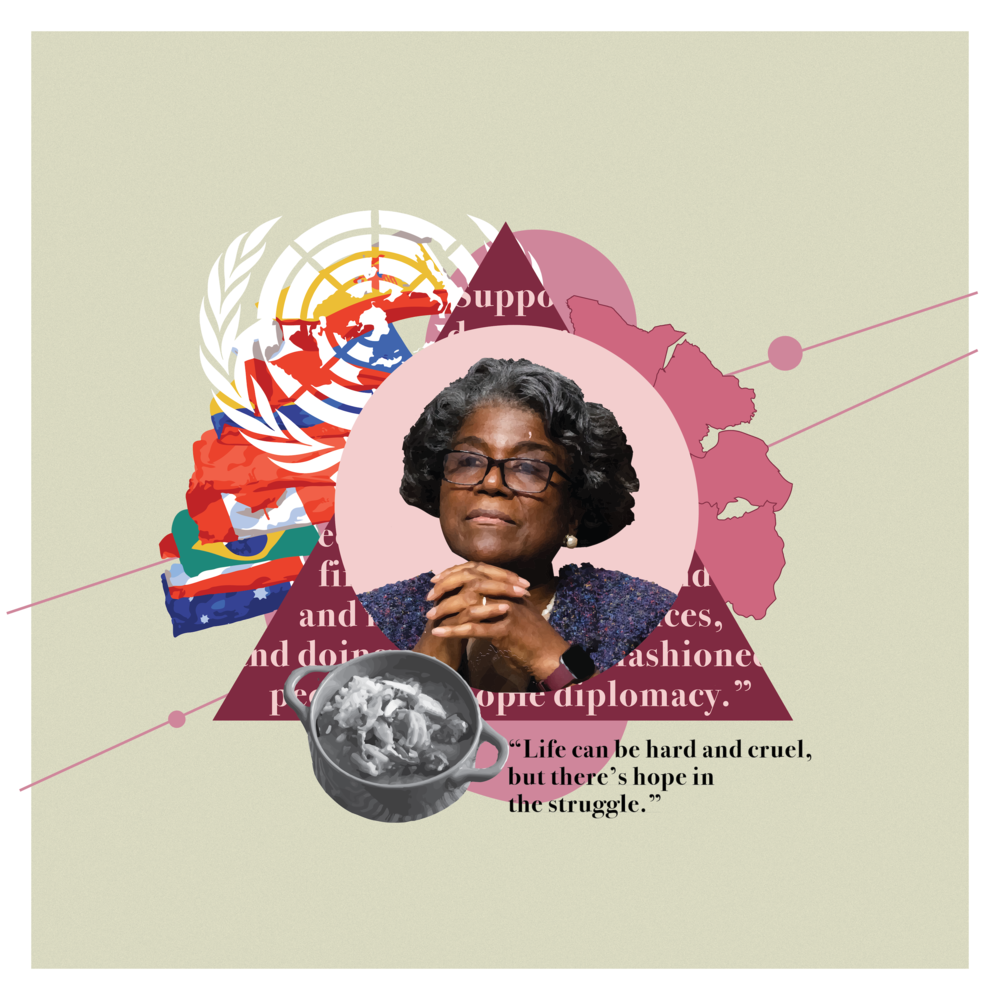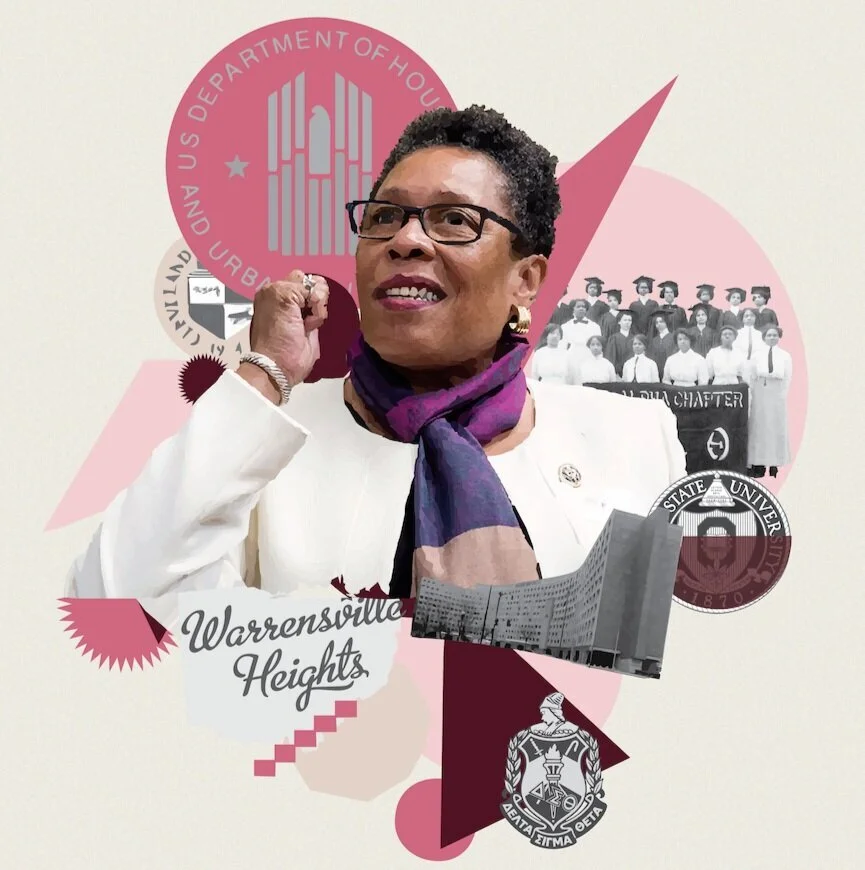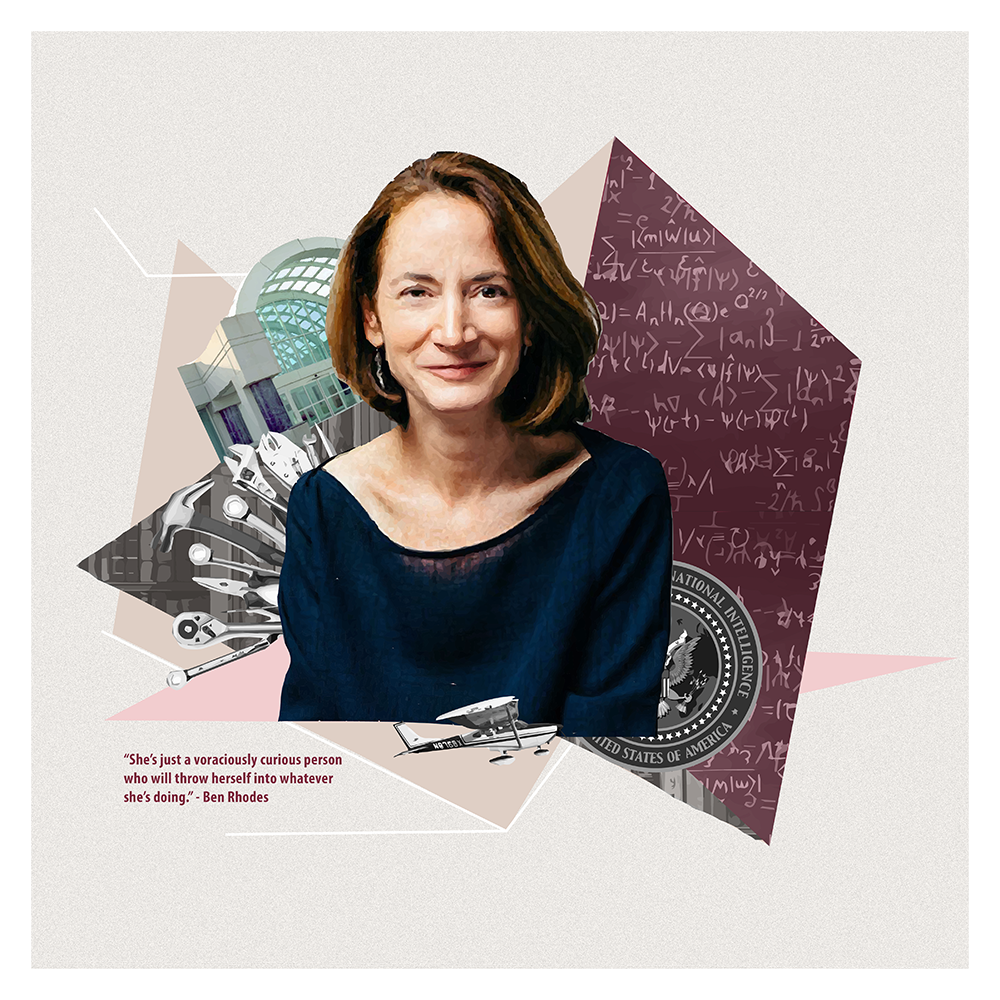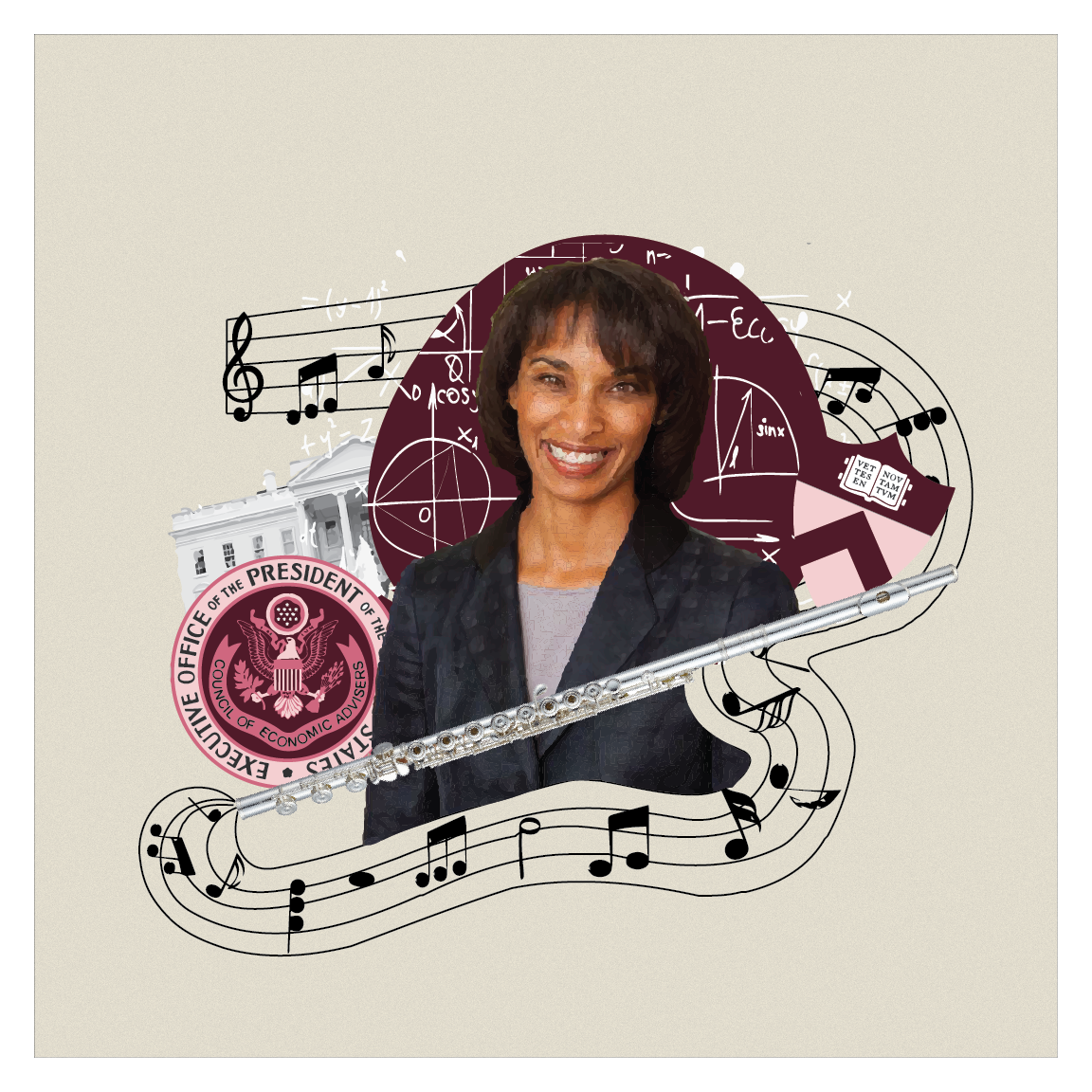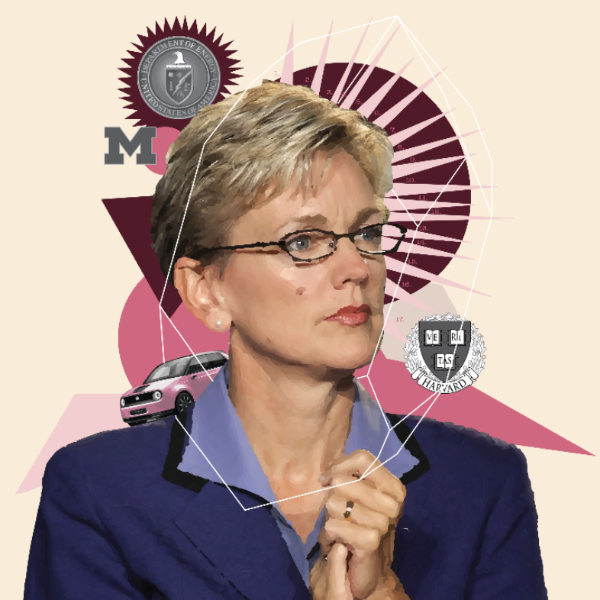Dear Readers,
Right before the New Year, one of my colleagues at Connected Women Leaders, Mabel Van Oranje, shared a chart with our community that I want to share with you as it’s a bit of good news – new data that offers some places for sustaining hope based on measurable progress.
I was curious about this data which surprised me, so I checked out the website. Gapminder is a Swedish foundation that seeks to provide factual data to fight “systematic misconceptions about important global trends and proportions.”
These days, facts are often hard to find, particularly if you get your news from social media. One worrisome fact for me is that a Pew Report released last week found that 96% of US teens are online "almost constantly" or "several times a day." Top sites included Youtube, TikTok, Snapchat and Instagram, and for many, may well be their sources for facts!
But beyond just facts, I want to lean into something that I think we all might be feeling these days. As much as I applaud the news media for doing a better job of covering climate change and its impacts, an overwhelming amount of stories focus on the catastrophic weather events, and often misrepresent or under represent the progress being made towards sustainable and more just solutions to what is now more widely believed to be a global crisis.
After 2023, the hottest year on record by a lot, most people now understand that climate change is here, it's happening now and it's an emergency. A recent Yale Program on Climate Communications study reflects that fact. Yale found that 56% of Americans are “now either ‘concerned’ or outright ‘alarmed’ about climate change.” (The first time that Yale conducted its "Six Americas" study, in 2015, that number was 40% of Americans.) Study author Anthony Leiserowitz told Covering Climate Now that the overwhelming majority of Americans do “want to learn more about the causes, consequences and solutions to climate change.”
In terms of the causes of climate change, other studies have found that many Americans still don't understand that burning oil, gas, and coal is the main driver of climate change — so that remains something for all of us to point out — in news articles, social posts, and in our private conversations with friends and family.
But a focus on the dangers and impacts of climate change, while important, is only part of the solution. Climate doomism, that overwhelming feeling that things are so bad there is nothing we can do, is real and, in my opinion, equally dangerous.
A few days later, I read a Guardian Q&A with data scientist Hannah Ritchie. Ritchie is the head of research at Our World in Data, whose mission, according to her, is “to present data that helps us understand the world’s largest problems and how to solve them – that’s everything from the environmental metrics that I tend to cover to poverty, health, democracy and war.”
In her first book, Not the End of the World, Ritchie, who is 31, shares how she grew up thinking we were all going to die from the climate crisis and decided to study earth sciences at Edinburgh University. It was there that she had the epiphany that despite the uptick in reporting on climate disasters, the actual number of people dying in disasters is decreasing. She points to a 2017 Gapminder survey in which she found that her misconception was widely shared.
“I wasn’t alone in my ignorance. In the 2017 Gapminder Misconception Study, the public, across 14 countries, were asked 12 key questions, one of which was:
How did the number of deaths per year from natural disasters change over the past 100 years?
a) More than doubled
b) Remained more or less the same
c) Decreased to less than half
Just 10% got the right answer: c). The most popular answer, 48% of the vote, was a).”
Now, that's not to deny the very real fact that people are suffering and losing their lands, their homes, and indeed their lives from climate-related events, but progress has been made and is being made — both in terms of mitigation, preparing for impacts to protect people and animals, and in terms of adaptation, the green energy transition that is happening (not fast enough!) to stop the emission of greenhouse gases that cause climate change.
Changing our entire energy system (and other systems in the process) is a huge undertaking. For all of us who've read Project Drawdown's Solutions Roadmap or the latest IPCC report, the number of actions that governments, corporations and people need to take to cut emissions in half by 2030 is vast.
But we have a list. We know what needs to be done and it's already happening.
So from where I sit, that is inspiration for all of us to take up our part in the green energy transition.
For governments, it means taking their pledges seriously and responsibly implementing what they know and have said they will do.
For corporations and small businesses, it means making the necessary changes, whether it be transitioning to clean power, modernizing production methods and/or being more thoughtful about the communities they serve and talking with them before making business decisions.
And for each of us as energy consumers, this means looking at our own energy consumption, shopping habits, investments, and political positions, and making changes. We can also encourage others to look at theirs, and, perhaps most importantly, make climate change a higher priority when we go to the polls this year, demanding the policies needed to avoid the worst impacts.
Finally, I want to recommend a supplementary chapter that was just released by Rebecca Solnit, author of the very inspiring and hopeful 2023 book, Not To Late. This free downloadable chapter — What Can I Do About the Climate Emergency? (A Lot! Here's How) — is a “practical guide [for everyone] to what they can do against climate chaos and for a just and thriving natural and human world.” Download it, read it and share!
The future is ours to create. By breaking down the silos, confronting the misinformation campaigns, and taking up our individual and collective responsibilities, we can and will do this… create what indigenous leader and CWL colleague Jade Begay envisions as our “best times ever” for the planet and all the people who live on it and care for it and each other.
That's news worth believing in and working towards.
Onward!
- Pat
Feature photo: Pixabay


